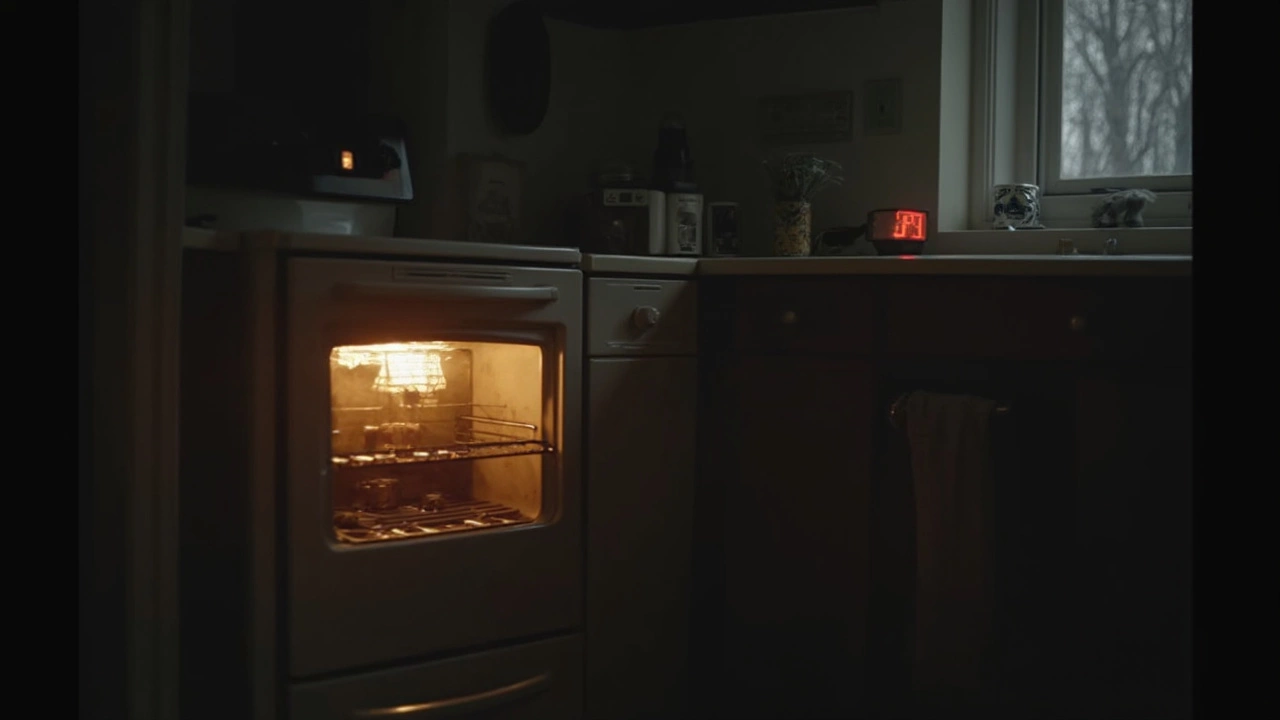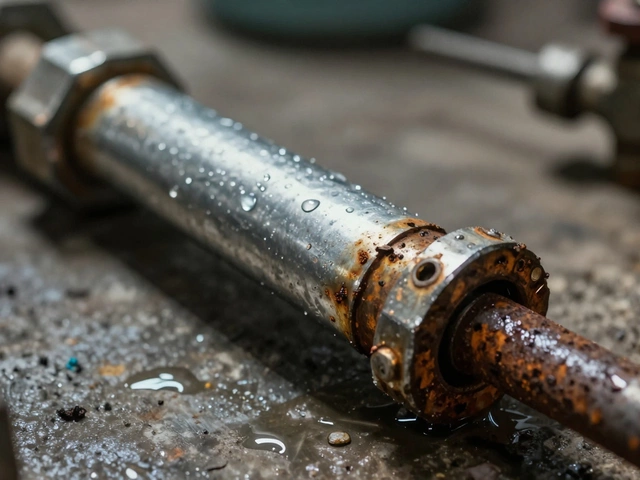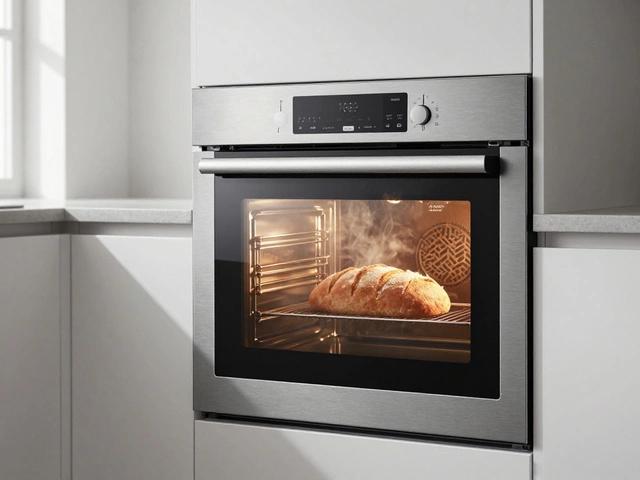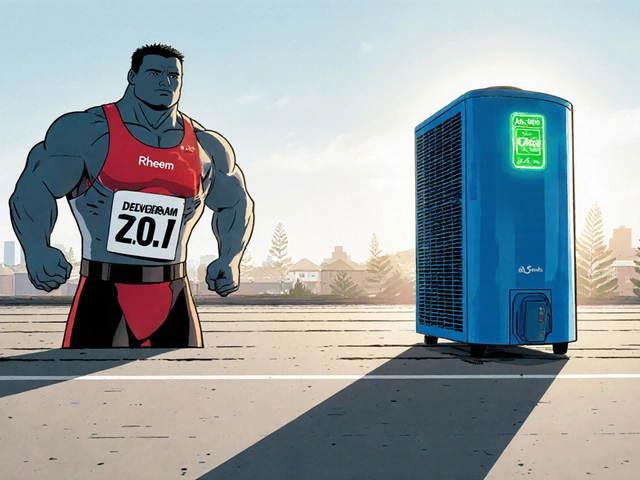How Often Should You Replace the Anode Rod in a Water Heater?
December 15 2025Energy Consumption: How Your Gas Appliances Use Power and How to Save
Ever wonder why your heating bill spikes in winter while the rest of the house stays warm? Most of that cost comes from the way your gas appliances run. A leaky boiler, a dirty extractor fan, or an old water heater can gobble up fuel that you’re paying for. The good news? Small fixes and regular check‑ups can shave off a big chunk of that waste.
Why Efficient Boilers Matter
Your boiler is the heart of the heating system. If it’s out of sync, it will run longer, burn more gas, and put extra strain on the entire network. A 10‑year‑old boiler that’s never been serviced can be 30 % less efficient than a newer model. That means you’re paying for heat you never actually get. Regular servicing—checking the pressure, cleaning the heat exchanger, and testing the burner—keeps the combustion process tight and the output steady.
When a boiler starts to lose efficiency, you’ll notice two things: higher fuel bills and a longer time to reach your set temperature. Both are warning signs that the unit needs attention. A quick professional check can catch soot build‑up, worn seals, or a failing pump before they turn into costly breakdowns.
Practical Steps to Cut Energy Use
1. Schedule annual boiler servicing. A certified engineer can spot inefficiencies you’ll miss on your own. The cost of a service is tiny compared to the savings on a single month’s gas bill.
2. Keep extractor fans clean. Grease and dust coat the motor and blades, forcing the fan to work harder. Wipe the filters monthly and give the motor a quick dust‑off every few months. A well‑maintained fan reduces humidity, lowers the risk of mould, and saves a few watts of power each run.
3. Insulate hot water tanks. A blanket around a standing‑water heater cuts heat loss by up to 25 %. It’s cheap, easy, and works with any gas‑fired water heater.
4. Turn down the thermostat by a degree. That single degree can shave 5‑10 % off your heating bill without sacrificing comfort.
5. Upgrade old appliances. If your boiler is over 15 years old, the upfront cost of a replacement can be recovered within a few years through lower fuel consumption and fewer repairs.
6. Use timers and smart controls. Setting the heating to turn off when you’re not home prevents unnecessary runs. Modern thermostats learn your routine and adjust output accordingly.
7. Check for drafts. Gaps around windows and doors let warm air escape, making the boiler work harder. Simple sealing fixes can improve overall efficiency.
All these tips don’t require a PhD in engineering—just a bit of routine upkeep and an eye on your bills. If anything feels out of your depth, give us a call. Our certified gas engineers can service, repair, or replace any appliance, making sure it runs at peak efficiency.
Remember, energy consumption isn’t just a number on your bill; it’s a sign of how well your home’s systems are working. By staying on top of maintenance, you protect your wallet, extend the life of your appliances, and keep your house safe from gas‑related hazards.
Ready to cut down on waste and save money? Reach out to Bedford Gas Appliance Repair Services today and let us help you get the most out of every kilowatt‑hour.
 19 Mar
19 Mar
Is It Bad to Leave an Electric Oven On All Night?
Leaving an electric oven on all night isn't just a trivial mistake—it can pose significant safety hazards like fires and carbon monoxide poisoning. Understanding the risks associated with unattended operating ovens, especially overnight, is crucial for every household. This article dives into why it's risky and provides practical tips for using your electric oven safely. Learn how to avoid costly repairs and ensure your home remains secure.
Read More...



